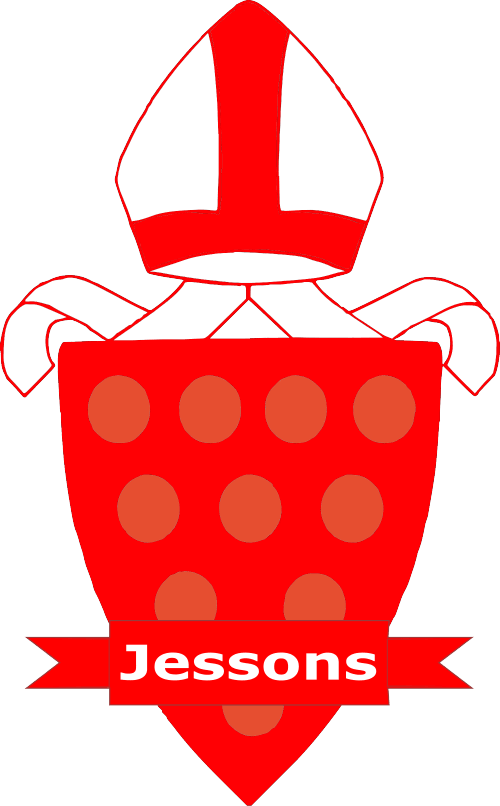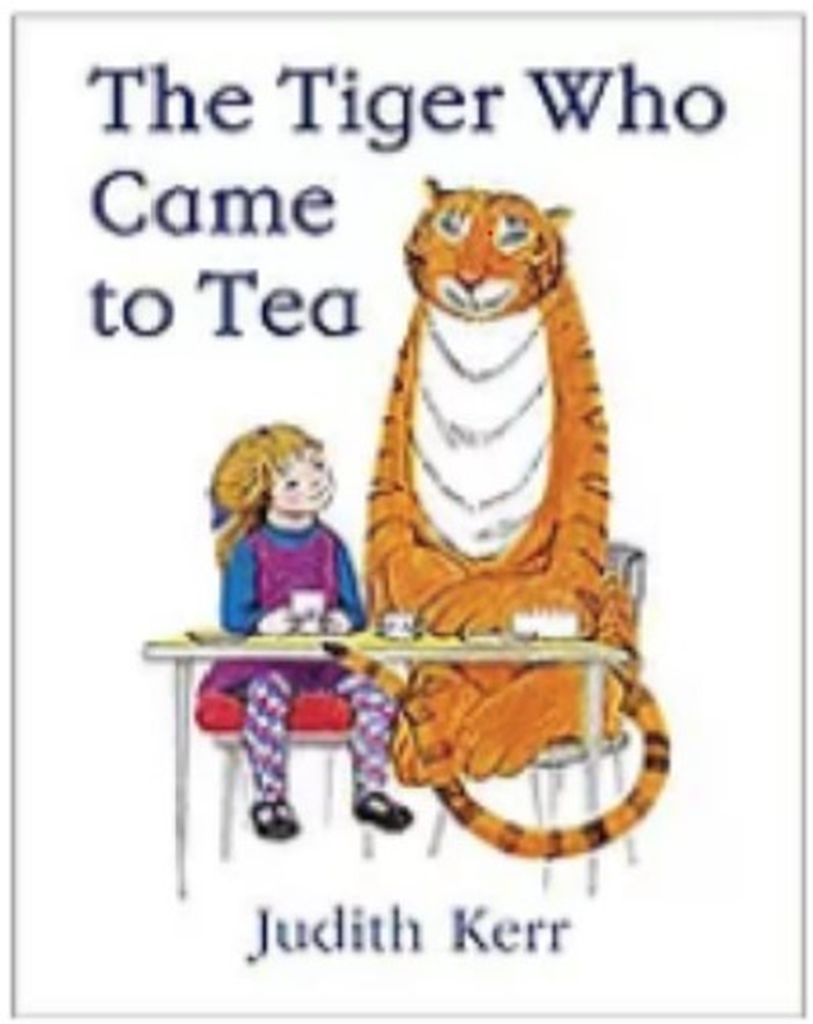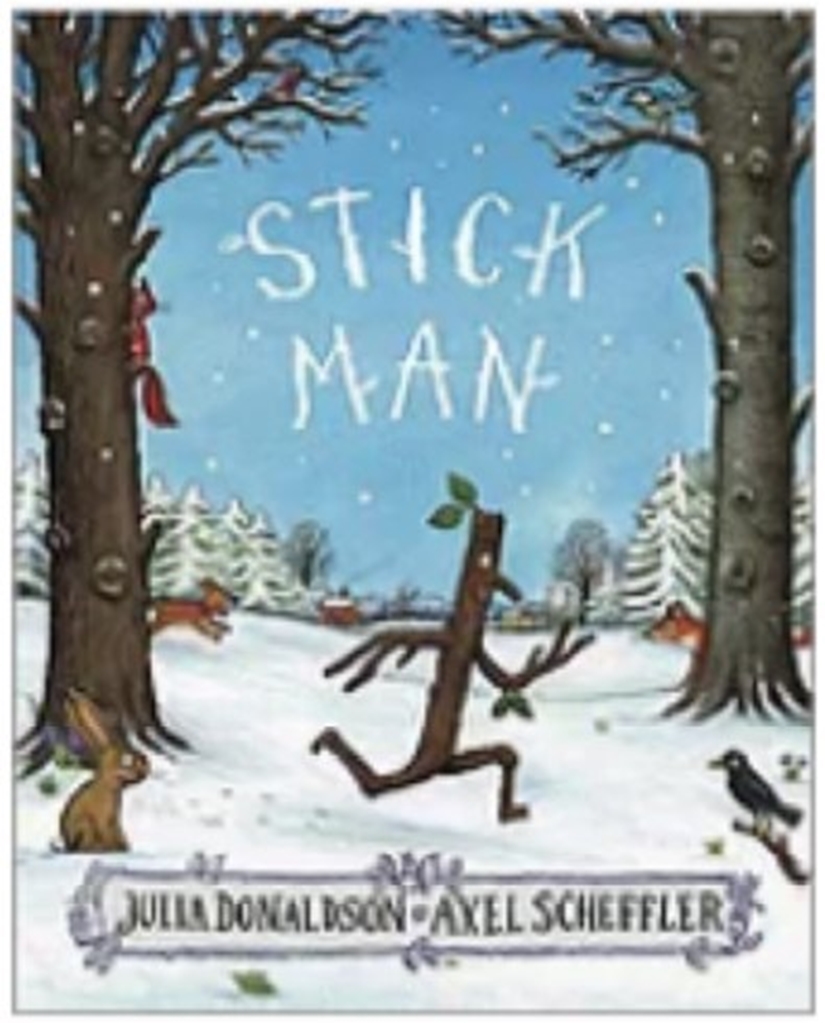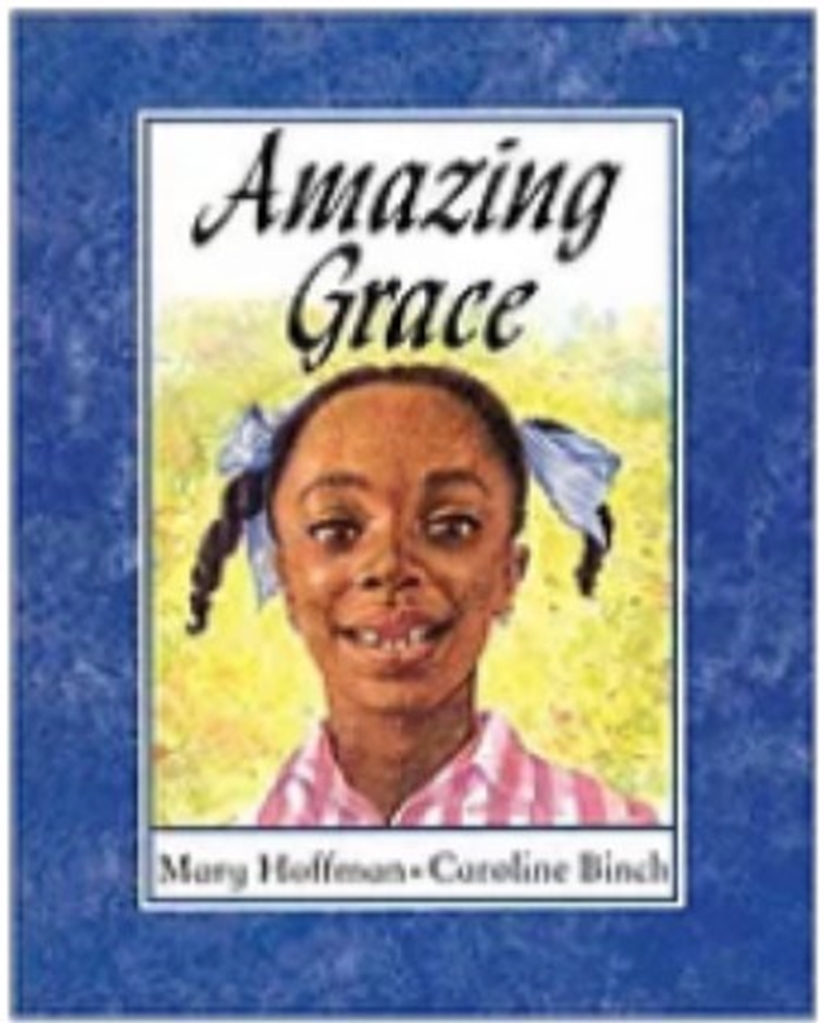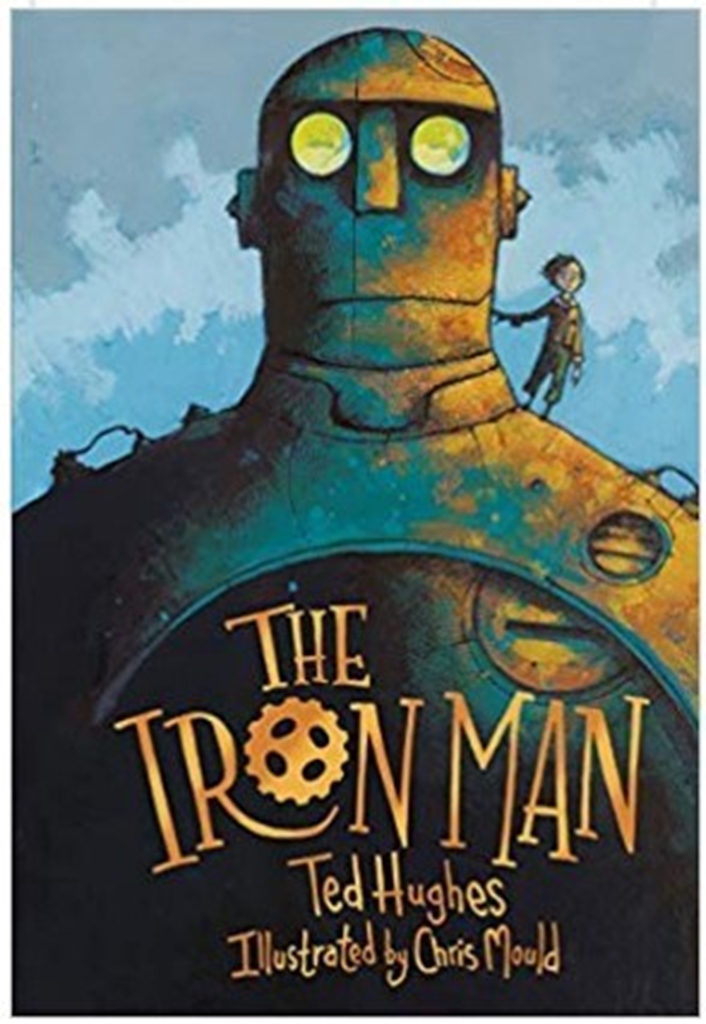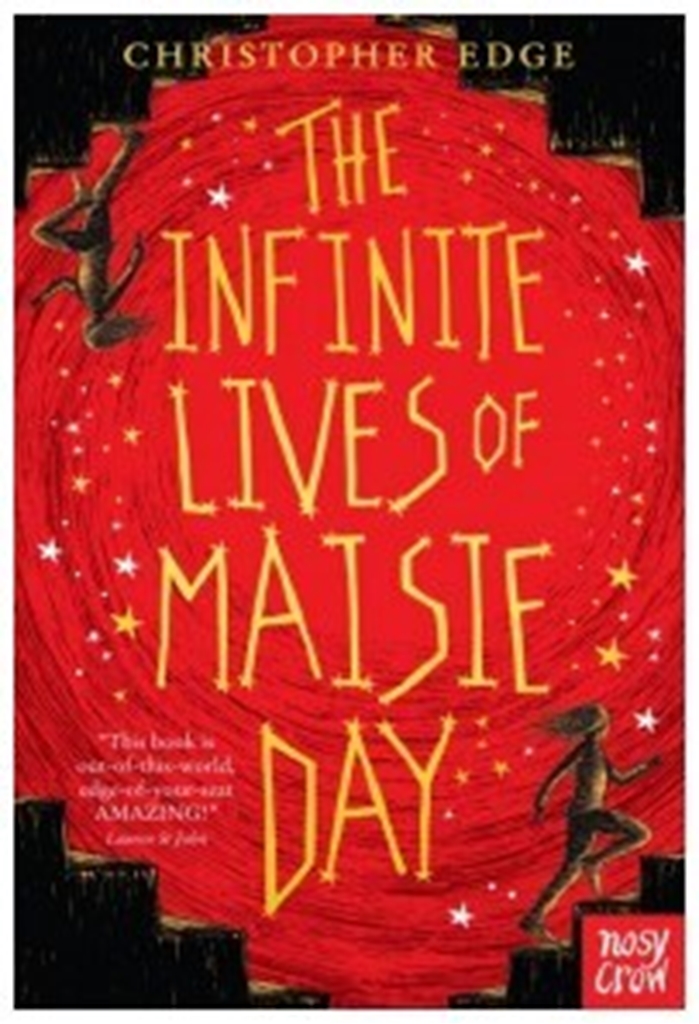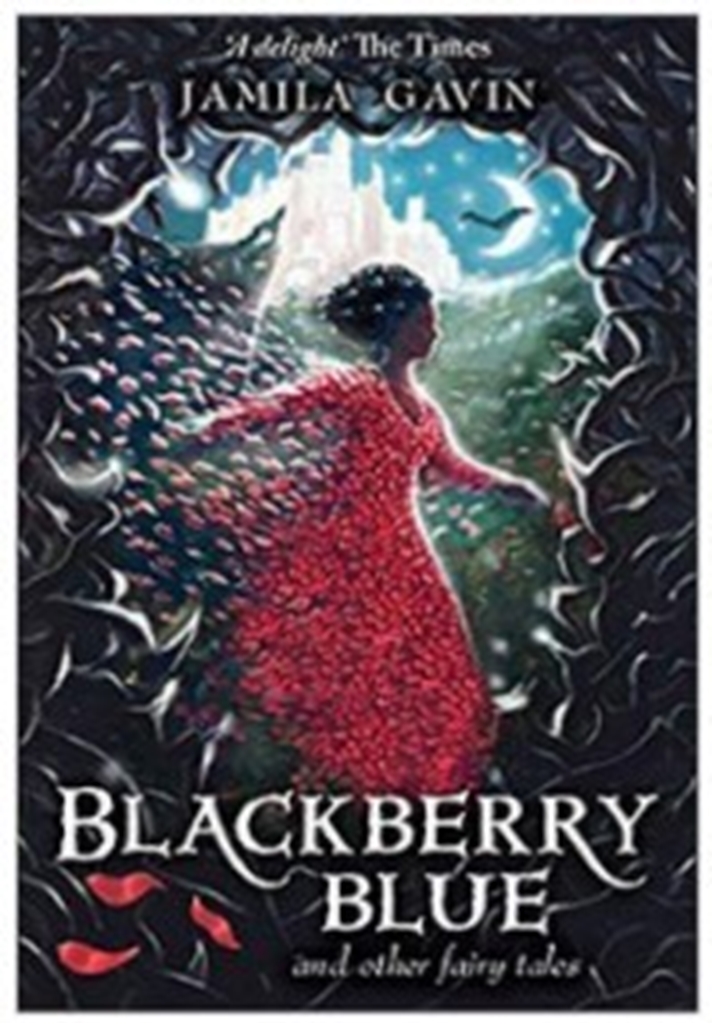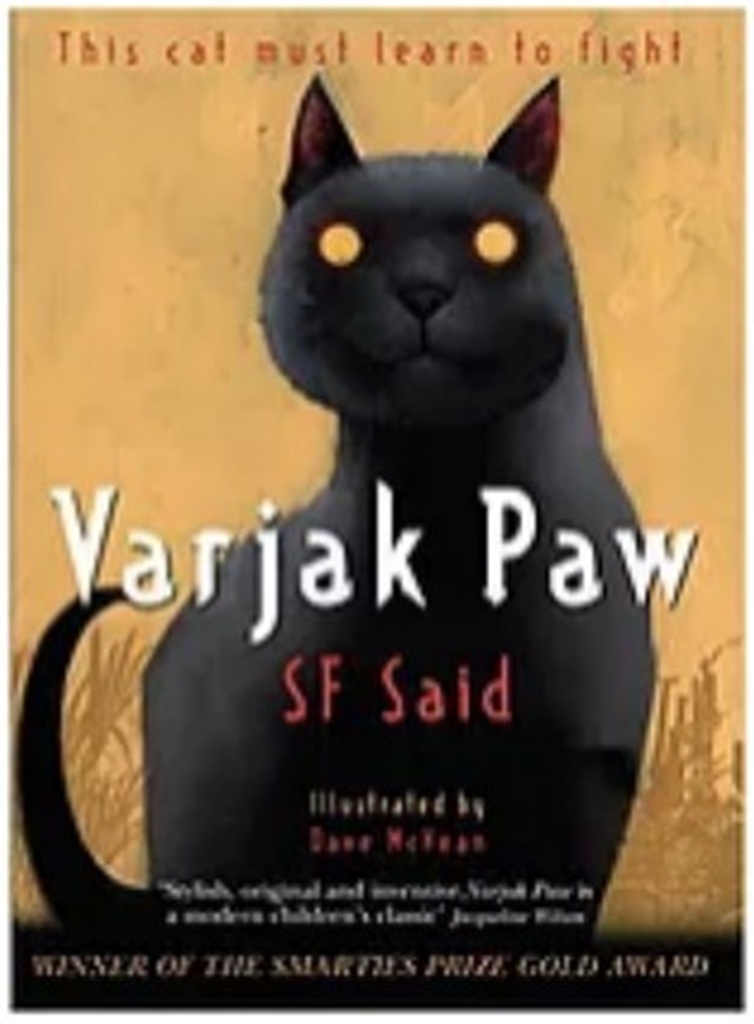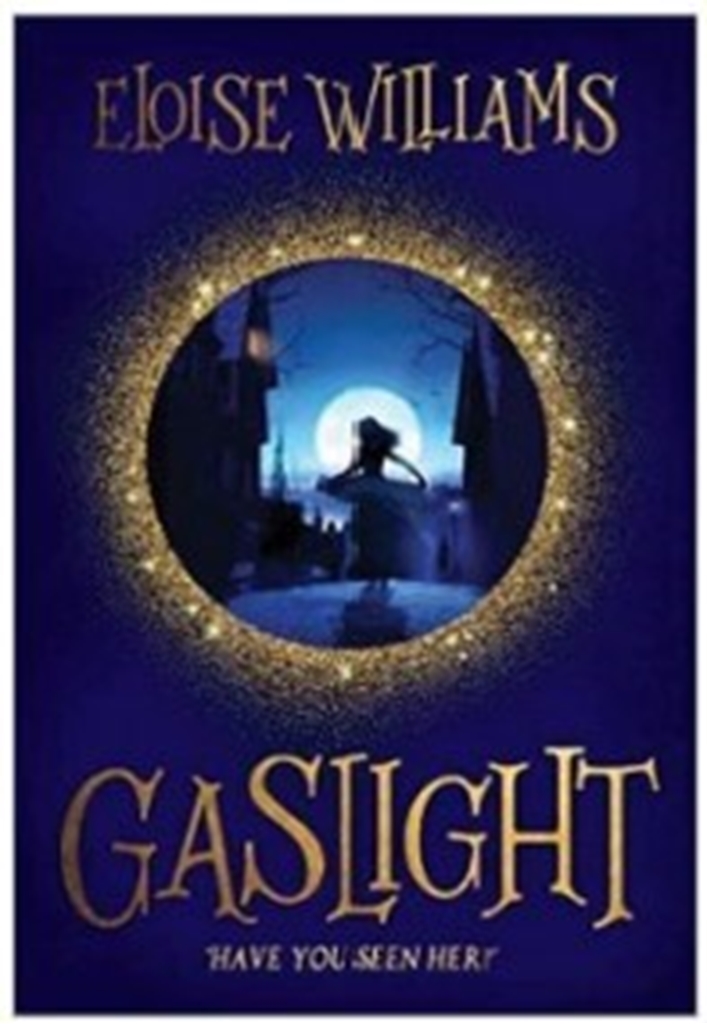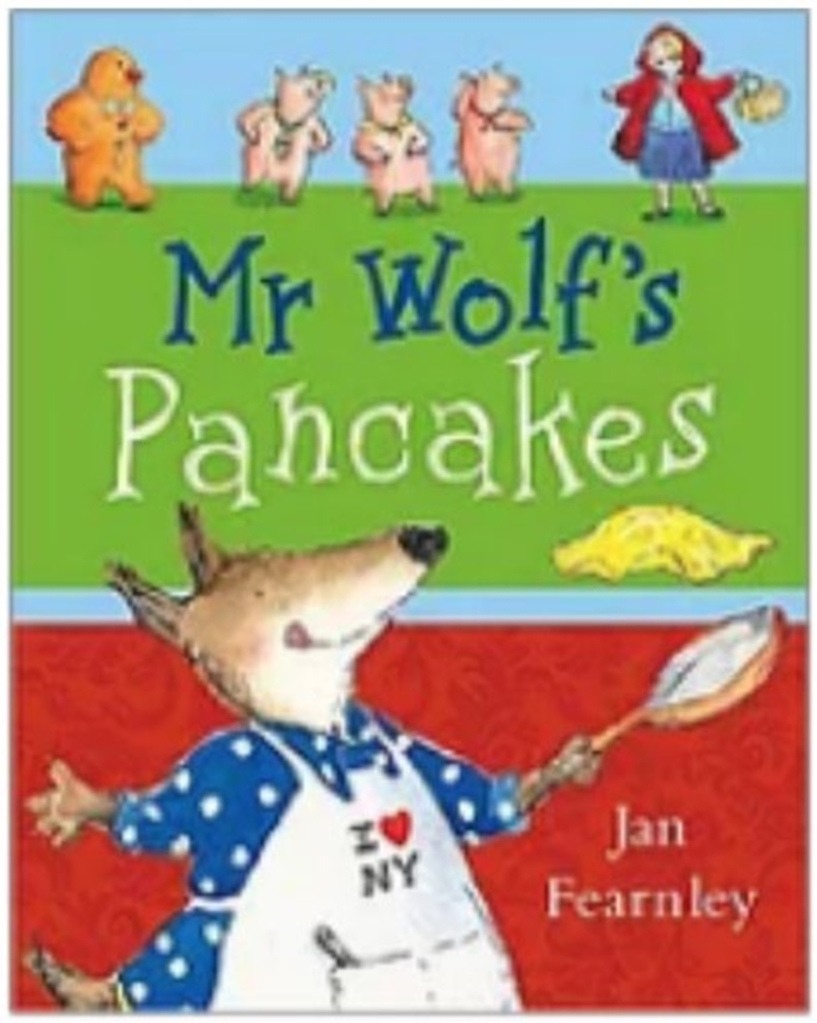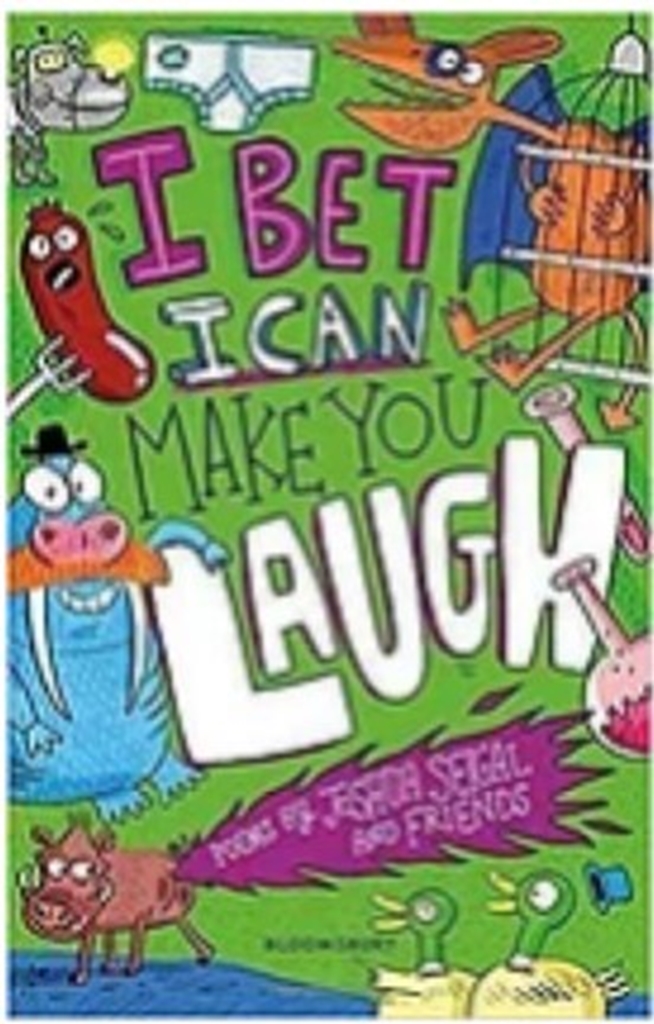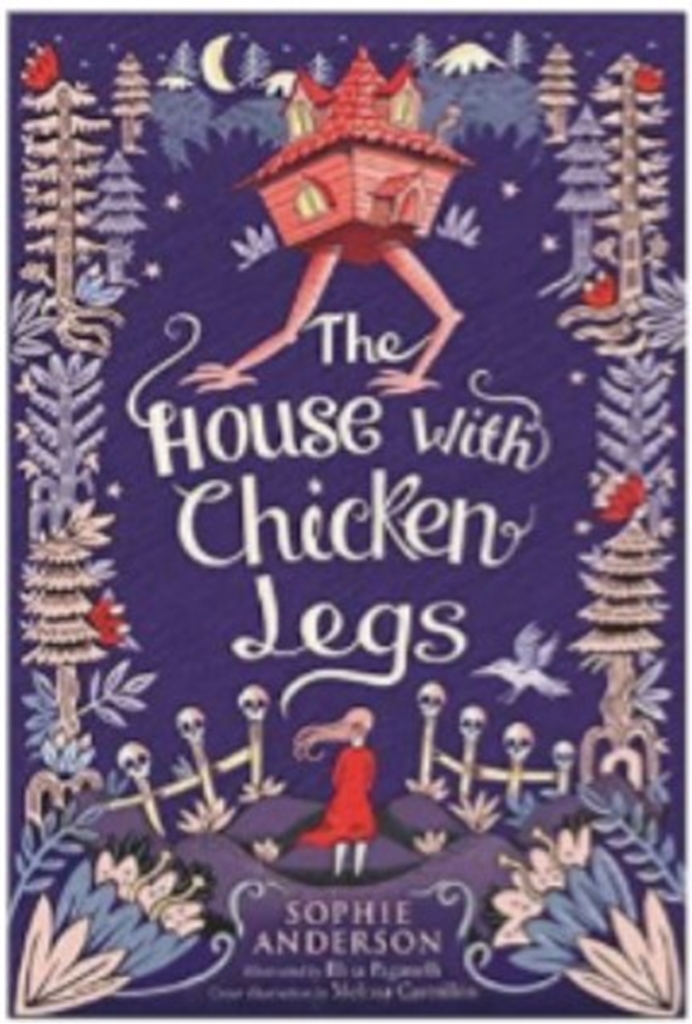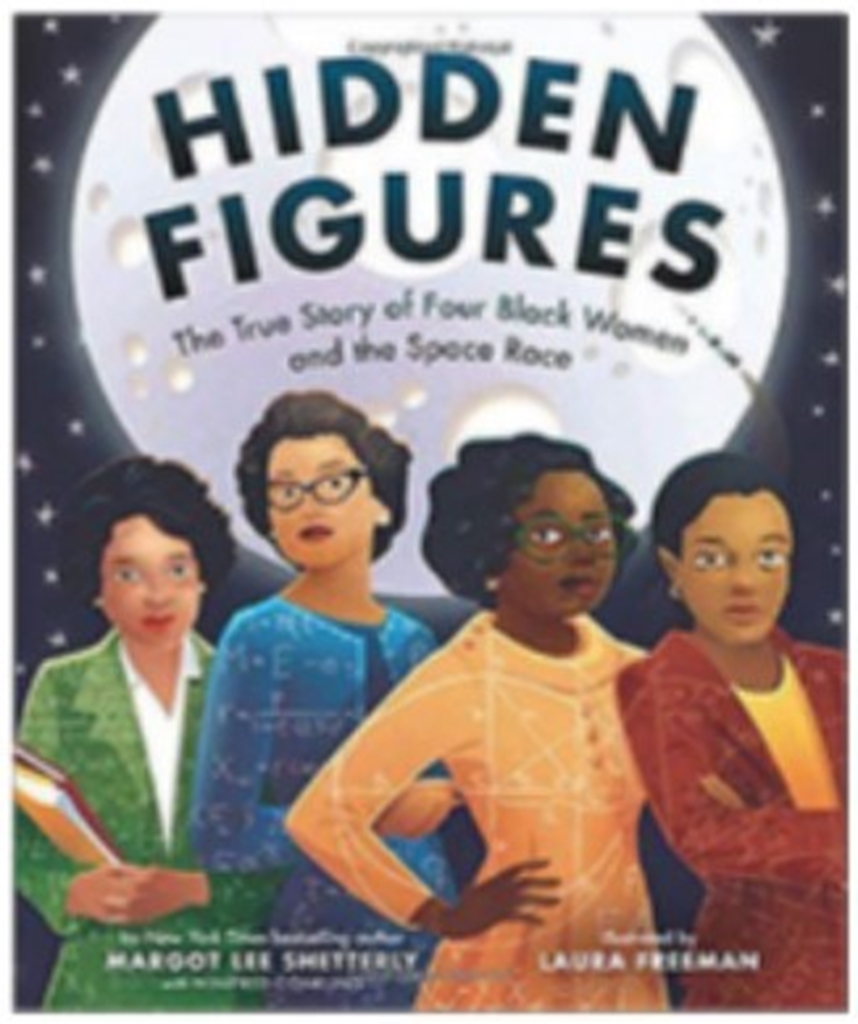Reading at Jesson's
‘Reading is a window to the world’
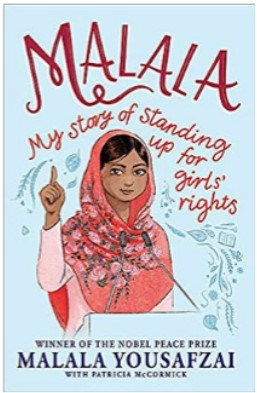
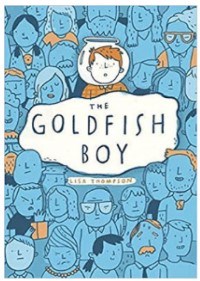
Intent
At Jesson’s CE Primary School, we believe that reading is an essential life skill and we are committed to enabling our children to become lifelong readers. We aim to provide children with a literacy-rich environment, high-quality texts and inspiring learning opportunities, which will help them to:
· Gain a life-long enjoyment of reading and books.
· Read accurately, fluently and with understanding;
· Apply knowledge of structured synthetic phonics in order to decode unfamiliar words with increasing accuracy and speed;
· Be able to read with expression, clarity and confidence;
· Develop a good linguistic knowledge of vocabulary and grammar;
· Read and respond to a wide range of different types of texts;
· Develop a deeper level of emotional intelligence and empathy;
· Read fluently, and with confidence, in any subject in their forthcoming secondary education.
We are committed to providing a broad and diverse range of texts and books from across the curriculum which are rich in vocabulary. The sharing of stories is central to our provision throughout the school so children enjoy both reading and being read to as part of our daily timetable.
Implementation
We believe that reading is the key to unlocking the rest of the curriculum and we are passionate about ensuring every child, no matter what their start, learns to read as quickly as possible.
Through the delivery of our reading curriculum, we strive to ensure a consistent and robust approach to the teaching and learning of early reading and phonics in Foundation Stage and Key Stage One. We use
the Jolly Phonics scheme to deliver daily, discrete phonics lessons (see school Jolly Phonics page for further information).
The teachers draw upon observations, continuous and summative assessments to ensure children are stretched and challenged to identify children who may need additional support.
We use phonics screening data to monitor pupils and ensure that in KS2, we provide additional support for those that are still not yet confident in applying their phonics skills. In Early Years and Key Stage One, we have updated our reading book system to ensure that pupils are provided with books that closely match and support their phonics development.
We want all children to be able to keep up and not have to catch up. Therefore, interventions are planned for those children who are working below expected levels as soon as their needs are identified.
Our aim is for all children in Key Stage One to have completed their phonic journey by the end of Year Two. Any children identified to need further support will have interventions going forward, to secure their phonic knowledge as soon as possible.
As the children progress, they move on to reading books that are organised into coloured Book Bands. These books allow the children to develop their comprehension and language skills as well as promoting an enjoyment of reading.
Children are assessed regularly and move on to the next Book Band when their fluency and understanding show that they are ready to do so. Children move through the Book Bands until they reach the required standard to become a Free-Reader, choosing a book to read from our school library.
Whole Class Reading
At Jesson’s, we want to teach children not only how to read but for children to develop a love of reading which will stay with them far beyond their school years. Reading is taught through a number of approaches: whole class reading, 1:1 reading, shared reading, paired reading as well as comprehension lessons which involve the teaching of specific analytical comprehension skills called reading domains, which are taught through domain activities. We explicitly teach the domain skills in each year group using a modelled approach, alongside giving children opportunities to independently demonstrate their understanding. The domains we teach are outlined below:
Key Stage 1 Content Domain Reference
· 1a - draw on knowledge of vocabulary to understand texts
· 1b - identify/explain key aspects of fiction and non-fiction texts, such as characters, events, titles and information
· 1c - identify and explain the sequence of events in texts
· 1d - make inferences from the text
· 1e - predict what might happen on the basis of what has been read so far
Key Stage 2 Content Domain Reference
· 2a - give/explain the meaning of words in context
· 2b - retrieve and record information/identify key details from fiction and non-fiction
· 2c - summarise main ideas from more than one paragraph
· 2d - make inferences from the text/explain and justify inferences with evidence from the text
· 2e - predict what might happen from details stated and implied
· 2f - identify/explain how information/narrative content is related and contributes to meaning as a whole
· 2g - identify/explain how meaning is enhanced through choice of words and phrases
· 2h - make comparisons within the text
Whole class reading lessons expose the children to high-quality texts and develop skills in reading comprehension and fluency. Immersion in text talk and developing a rich and extensive bank of vocabulary are key elements in all reading lessons. We discreetly teach vocabulary directly linked to the text. Vocabulary is further explored and developed through reading opportunities across the wider curriculum.
The Reading Environment
All classes are exposed to a daily class reader, for pleasure, to excite and engage the children, and to expose them to new and varied vocabulary. Our year group Reading Spines have been designed to include high-quality challenging texts. Teachers read aloud daily to the children and model good reading behaviours. We want the children to be exposed to a wide diet of literature where they can fully immerse themselves in ‘book talk’.
A text-rich environment encourages a positive culture of reading throughout all classes and promote pupils’ enjoyment of reading. Through high-quality teaching and learning experiences, we develop children’s skills and confidence.
Every classroom also has a designated class library area, where pupils can choose a book to read for pleasure and provide recommendations to their peers.
We celebrate and promote a lifelong love of reading through different events over the academic year including World Book Day, local schools' literary book quiz competition, author visits, book fairs and our yearly Ready Steady Read Challenge.
Individual Readers
All children are heard to read in school. Any children needing additional support with their reading, are heard to read more frequently. In EYFS and Year 1, reading books are matched to the sounds taught in phonics lessons. In Years 2-6, children are allocated book-banded reading books based on their reading age or comprehension age. All children take reading books home to share and read with a family member. All children have a Reading Record Log for parents or carers to fill in with comments on their child’s reading. Parental engagement sessions across the school help support parents with their child’s reading at home.
Impact
As we believe that reading is key to all learning, we seek to ensure the impact of our reading curriculum goes beyond statutory assessments. Children have the opportunity to enter a wide and varied magical world that reading opens to them and, as they develop their own interest in books, we endeavour to foster a deep love of literature across a range of genres, cultures and styles.
Our mission is that all pupils will be able to read with accuracy, speed, confidence, fluency and understanding ready to access the next stage of their reading journey whilst developing a life-long enjoyment of reading.
